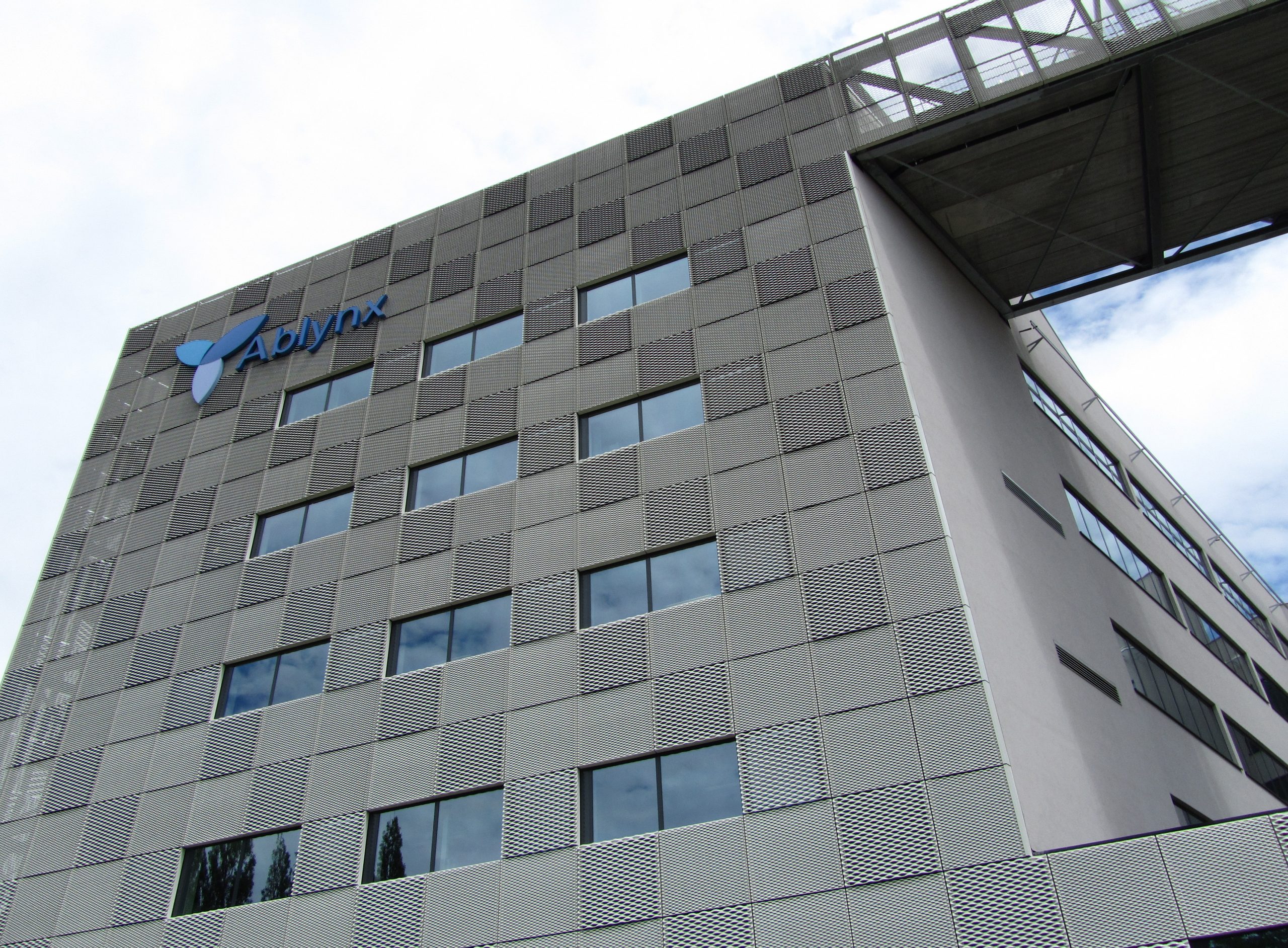Ablynx drug fails in mid-stage lupus trial

Ablynx’s vobarilizumab has failed in a mid-stage trial in lupus, with the biotech’s multi-billion buyout from Sanofi just around the corner.
Vobarilizumab is an anti-IL-6R drug that Ablynx is developing for inflammatory diseases including rheumatoid arthritis, and in late 2016 AbbVie passed on an option to partner with the Belgian biotech to develop it as a successor to its mega-blockbuster Humira (adalimumab).
Ablynx was snapped up by Sanofi because of its 'nanobody' platform for creating smaller antibody drugs, including its first-in-class caplacizumab. This is under review in Europe and the US for the rare disease acquired thrombotic thrombocytopenic purpura (aTTP), with a decision due in the coming months.
While the 3.9 billion euro Sanofi buyout gives Ablynx the development partner it had been seeking since that rejection, the results from vobarilizumab in system lupus erythematosus is a disappointment.
Vobarilizumab, another nanobody biologic, did not meet primary endpoint of dose response based on an assessment of several lupus symptoms at week 24 when compared with placebo.
The study enrolled 312 patients with moderate to severe, active seropositive systemic lupus erythematosus (SLE) across five treatment arms (four dose regimens of vobarilizumab and placebo).
Demographics and baseline characteristics were similar across treatment arms, and reflective of a typical SLE population.
Ablynx noted that safety findings were “favourable” at week 58, with 2% of patients experiencing serious treatment-related adverse events, compared with 6.5% in the placebo arm.

vobarilizumab
Treatment-emergent adverse events that led to study drug discontinuation were reported in 12.4% of all vobarilizumab treated patients compared to 6.5% in the placebo group. Two deaths were reported in the treatment group.
Ablynx’s chief medical officer, Robert Zeldin, said the firm was disappointed by the trial outcome. He added: “We will continue to analyse the full data set and thank the study participants and their families as well as the investigators and staff who contributed to this study.”
While the results are disappointing, they are not altogether surprising, as SLE has confounded many attempts to develop new treatments for it.
SLE is a complex, multi-organ, autoimmune disorder characterised by the production of pathogenic autoantibodies and tissue deposition of immune complexes, which result in widespread tissue damage.
The cause is not fully understood but several genetic, environmental, and hormonal factors have been implicated in its development.
Other drugs which hit the buffers include Pfizer’s IL6-blocker PF-04236921. Roche’s approved IL-6R-blocking arthritis medicine tocilizumab showed promising preliminary activity in a phase 1 trail back in 2010, but development in SLE was never pursued.












